Publications
Articles, publications, books, tools and multimedia features from the U.S. Institute of Peace provide the latest news, analysis, research findings, practitioner guides and reports, all related to the conflict zones and issues that are at the center of the Institute’s work to prevent and reduce violent conflict.
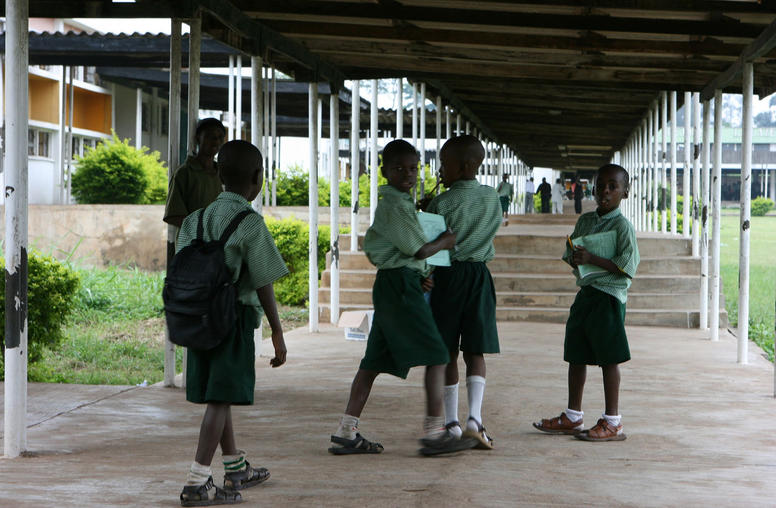
How Mass Kidnappings of Students Hinder Nigeria’s Future
This week’s latest mass kidnapping of Nigerian schoolchildren underscores that the crumbling of human security in Africa’s most populous nation is worsening a deeper impairment, hollowing out Nigeria’s education system to create a “lost generation” of youth across much of the country. Alarmingly, one in five of the world’s out-of-school children is Nigerian. As Nigerian and international policymakers focus on the immediate crises—of kidnappings, Boko Haram’s extremist violence, and conflict between farming and herding communities—they must urgently rescue and buttress the country’s damaged education system. Reducing violence and achieving development in Africa will depend on an effective strategy for doing so.
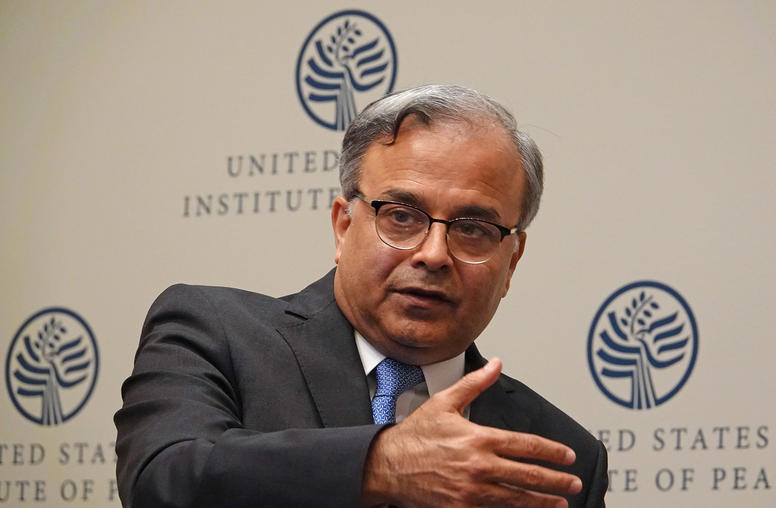
U.S., Pakistan at ‘Convergence’ on Afghanistan, Says Pakistani Envoy
For the last two decades, U.S.-Pakistan relations have been defined by the war in Afghanistan and counterterrorism concerns. With the United States military withdrawal almost complete, the relationship should broaden to focus on other issues important to both countries and the broader South Asia region. The Afghan peace process, however, will continue to be an important component of U.S.-Pakistan relations, said Pakistan’s envoy to the United States on Wednesday. “Afghanistan, for some time, did become [a point of] contention in our relationship. But today, clearly, Afghanistan is a [point of] convergence between Pakistan and United States” as both want to see peace and stability, said Ambassador Asad Majeed Khan.
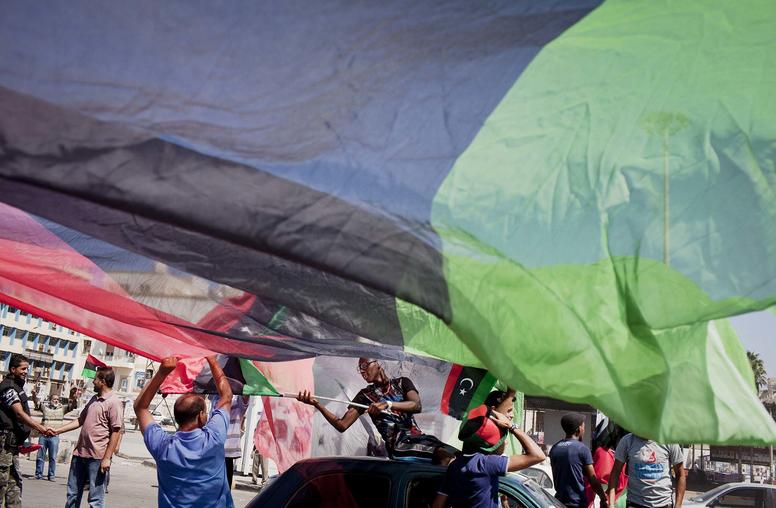
On the Road to Peace, Libya Makes Progress but Hits Pitfalls
After a decade of war and division, Libya has made progress toward peace this year. In March, a Government of National Unity (GNU) was formed to unify the warring Western-based Government of National Accord and the Eastern-based authorities supported by Gen. Khalifa Haftar, who commands forces known as the Libyan Arab Armed Forces (or Libyan National Army). The GNU is a provisional body meant to lead the country to long-delayed elections on December 24. While some progress has been made — a cease-fire agreement has been signed and the executive has been unified — many challenges remain. Chief among those challenges is developing a framework for national reconciliation and addressing the destabilizing role of foreign powers.
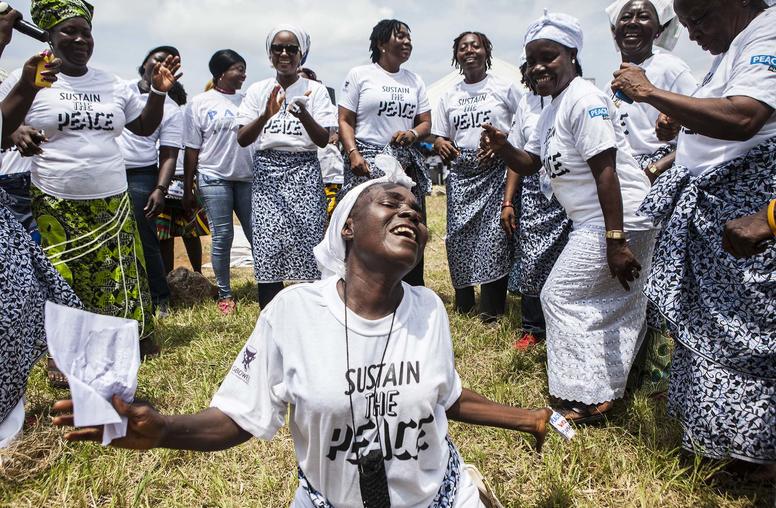
How—and When—People Power Can Advance Peace Amid Civil War
Despite a brief lull due to COVID-19 restrictions, the past few years have witnessed one of the largest waves of global nonviolent resistance in recent history, with 2019 widely being dubbed “the year of the protest.” These movements — from Myanmar to Colombia to India — are largely focused on pushing back against authoritarianism or redressing social injustices. Less heralded and discussed is the role of nonviolent action amid civil wars and peace processes. Strategic nonviolence can foster peace in these contexts as well — but the timing and tactics are key to success.
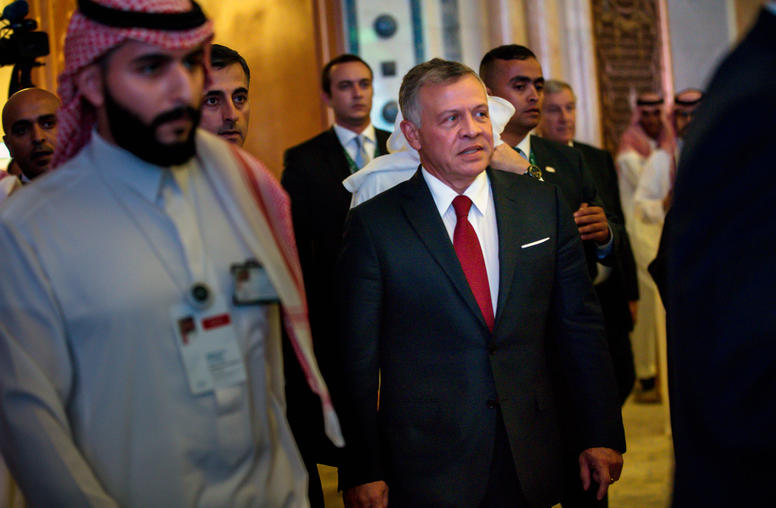
In Washington Visit, Jordan’s King Looks to Reset Relations, Reassert Regional Role
On Monday, King Abdullah of Jordan will become the first Arab head of state to be welcomed by President Biden to the White House. The optics and opportunity are no doubt welcomed by the king, coming at a challenging time for his country domestically and regionally. The White House visit follows on the heels of reports of a secret meeting between Abdullah and Israel’s new prime minister, Naftali Bennet, and the announcement of new Israeli-Jordanian water and trade agreements. The message is clear: Jordan is back as a central player and valued ally for the United States and Israel. But beyond the handshakes, the prospect of smooth sailing toward improved relations will be tested by the ever-turbulent waters of the Israeli-Palestinian conflict.
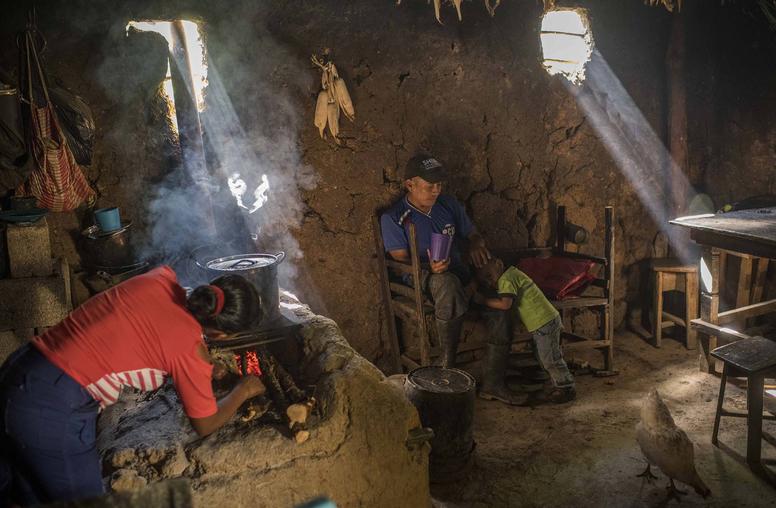
Climate change risks new violent conflict. How to respond?
As climate change amplifies weather disasters and destabilizes food and water supplies, recent research is confirming its effects on the global south: Our planet’s warming is weakening already fragile states, increasing the risk of violent conflicts and accelerating human displacement and migration. Like any global shock, it is putting poorer nations most at risk. The United States and the international community can counter these rising hazards by setting basic priorities in assistance programs. Among these are to target cities with a strategy that helps local populations adapt to climate change and manage conflicts nonviolently, and to strengthen regional organizations’ abilities to tackle fragility problems.
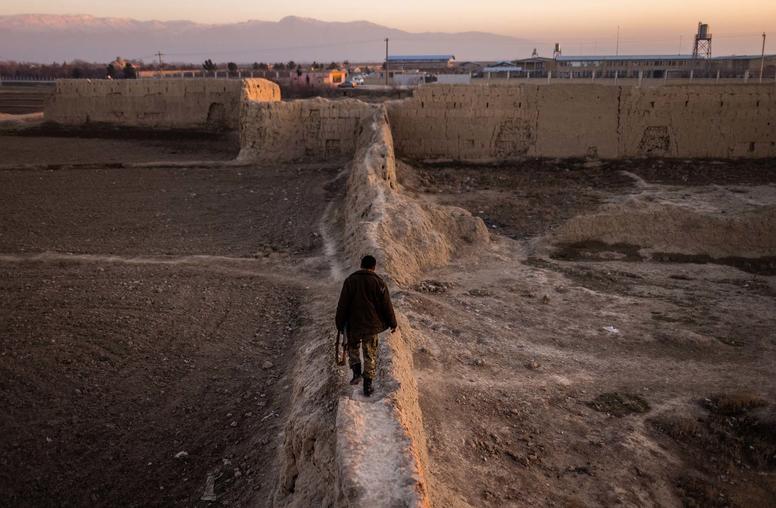
Central Asia Prepares for Taliban Takeover
Last week’s conference in Tashkent, Uzbekistan was originally supposed to focus on regional connectivity in South and Central Asia. But the Taliban’s surge in recent weeks consumed the regional conference and has many in the region wary of what’s next. As U.S. and NATO forces draw down their military presence in Afghanistan, the country’s northern neighbors have witnessed Taliban fighters swiftly overrun most of the rural parts of northern Afghanistan, establishing control over nearly all of the 1,500-mile border between Afghanistan and Turkmenistan, Uzbekistan and Tajikistan. By all indications, Central Asian states are preparing for a new reality in Afghanistan, one where the Taliban control most, if not all, of the country.
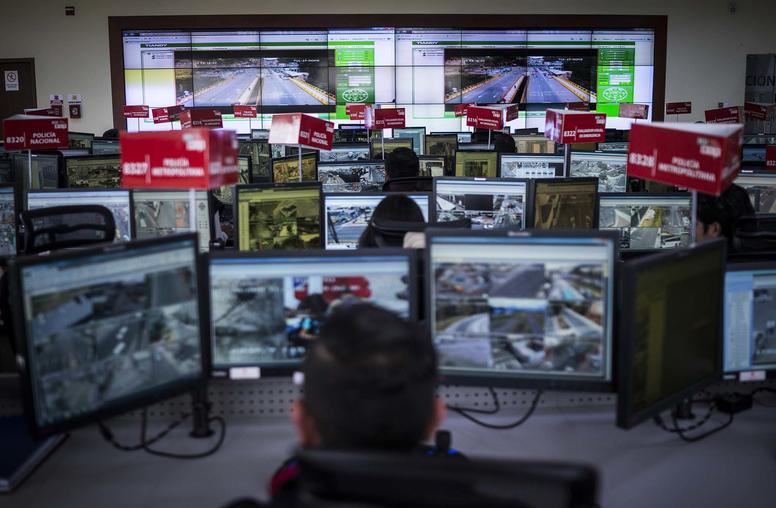
Digital Technology’s Evolving Role in Politics, Protest and Repression
The rapid adoption of digital technologies has fundamentally changed global politics. During the Arab uprisings, experts heralded digital technologies as powerful tools for social change and liberation. A decade later — with global democracy in retreat — the script has flipped and authoritarian governments are on the offensive in deploying digital tools to monitor, track and control their citizens. Indeed, the rapid emergence of these tools has ushered in a new era of political repression, says Steven Feldstein, the author of “The Rise of Digital Repression: How Technology is Reshaping Power, Politics, and Resistance.” He explains how digital repression works, China’s role in exporting such technologies and the broader implications for global conflict and democracy.
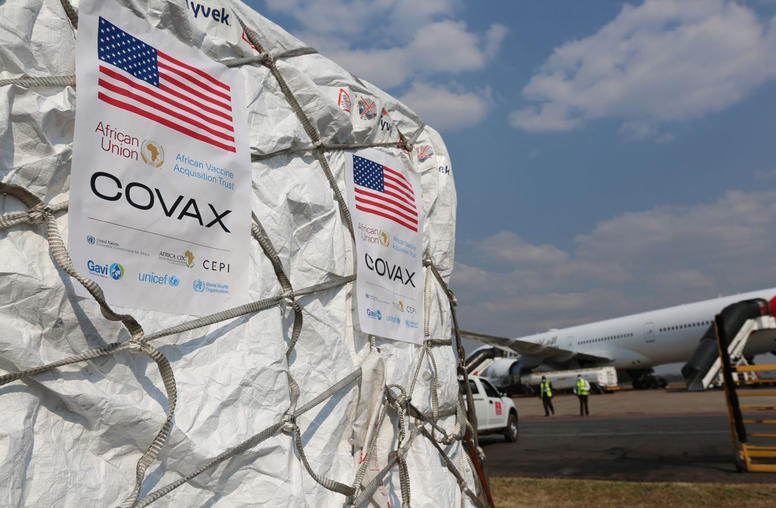
African Union Chair Tshisekedi, Rep. Bass Discuss Effective U.S.-Africa Engagement
Despite the many challenges facing the continent, “Africa is not … defined by poverty, misery and violence,” said Félix Tshisekedi, the chairperson of the African Union (AU). “Our continent is also defined by opportunities.”
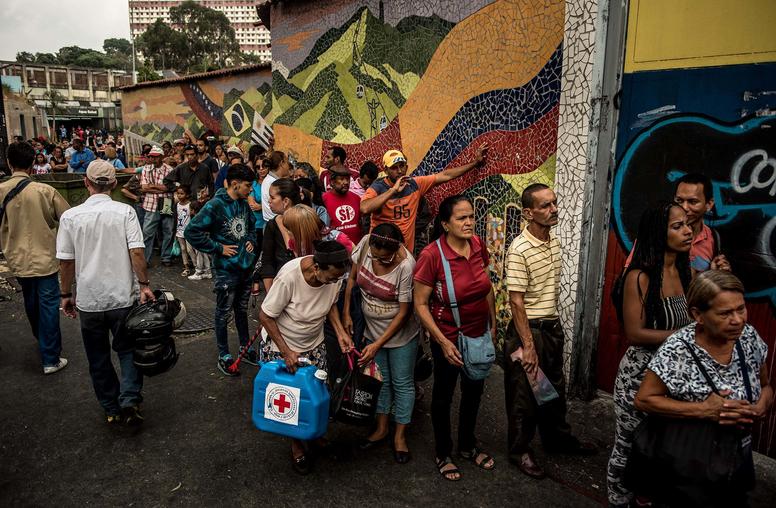
Could China Play a Role in Venezuela’s Crisis?
Few countries can rival the creditor-lender relationship between China and Venezuela on pure volume. China has loaned more money to Venezuela — some $60 billion — than to any other country in the world and is Venezuela’s largest lender by far. But as Venezuela descends further into uncertainty amid a host of economic, political and social crises, Beijing has remained mostly silent regarding the domestic political struggles of one its largest trading partners in Latin America.